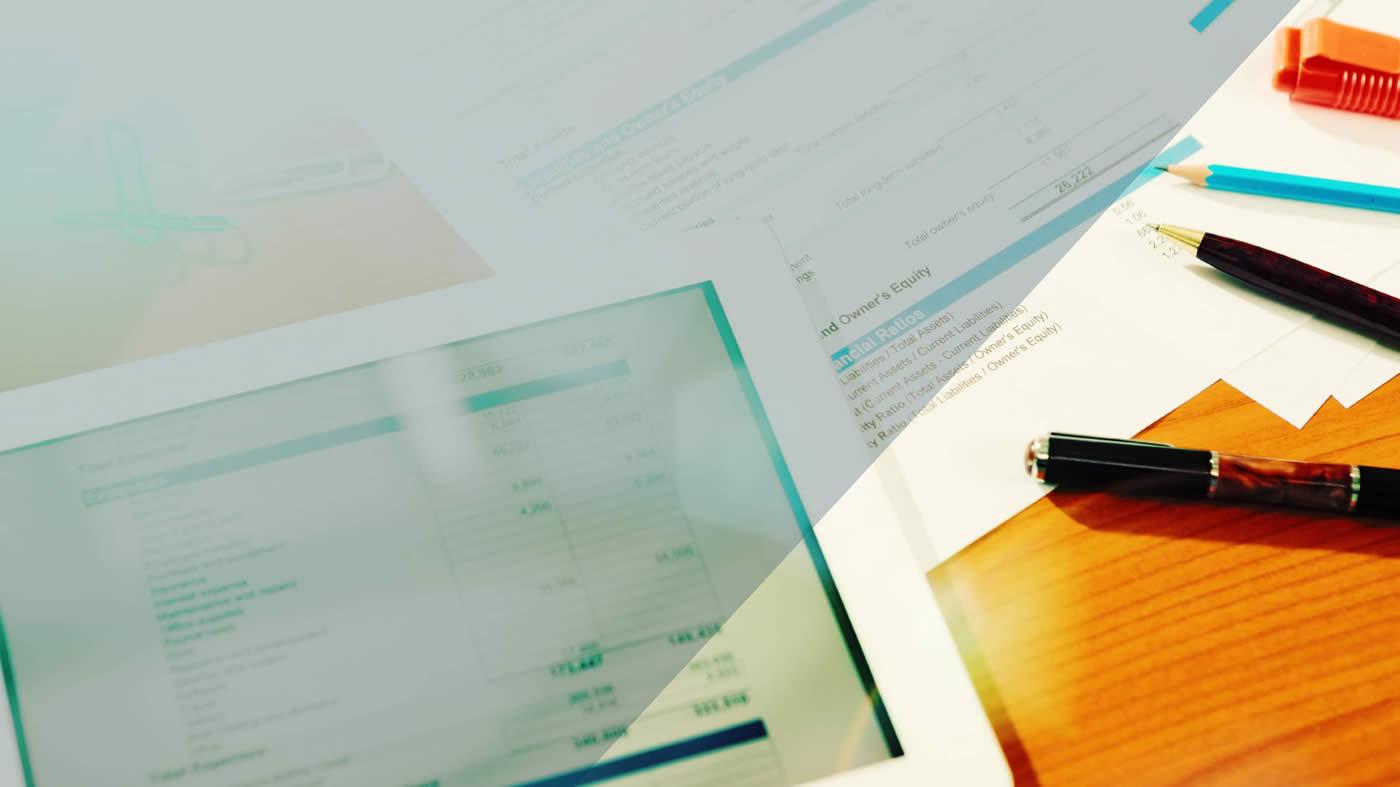
AI-powered cash flow software for every business
Futrli uses AI to bring all your numbers into one place and translate them into daily actions and real words. Regardless of business size, age or financial-savviness, Futrli has a product built for you.
Get started for free

What is cash flow?
Cash flow is the money that comes in and goes out of a business.
- Cash inflows (or money in) can be generated through the sale of goods or services, money earned through investments or money borrowed
- Cash outflows (or money out) cover the payment of expenses, payments to suppliers and buying equipment.
Cash inflows and outflows are classified in three sections:
- Operating activities refer to cash flow generated through the business’ main operations, for example when goods are sold, services are provided or materials and supplies are purchased from a supplier.
- Investing activities cover cash flows generated from a long term investment, such as the acquisition (something that is bought to add to a collection of things) or sale of property and plant.
- Financing activities refer to how a business is funded and can include investment from the owner and receipt or payment of bank loans.
Positive cash flow is when a business is generating more cash inflows than outflows. Negative cash flow is when cash outflows outweigh cash inflows.
Why is good cash flow important?
A good cash position is driven by organisation and planning. There are a number of actions a business can take in order to work towards maintaining a good cash position.
Cash is vital to any business to ensure that necessary business expenses can be paid. A business may expect a high volume of sales and large profits in the future, but if there is not enough cash coming in now to cover the business expenses then that profit may never happen.
Good cash flow is important as it means a business is able to meet its financial obligations when they become due – suppliers can be paid, loan repayments can be made, etc. Cash inflows eventually become cash outflows, so ensuring that cash receipts outweigh payments is key to a successful business.
How can I maintain a good cash position?
A good cash position is driven by organisation and planning. There are a number of actions a business can take in order to work towards maintaining a good cash position.
-
Forecast
Look at your monthly income and expenses and plan for these going forward.
Income will include projected sales revenue and investments; if the business has been running for a while then sales history can help with this. If it is a new business it may be better to forecast conservatively as it is better to over perform than under perform. Download the example of a cash forecast below.
Expenses should include all fixed costs associated with the business such as rent, insurance and utilities, as well as variable materials, travel and sundry costs. An accountant would be able to help you with this process including reviewing projected sales and expenses, identifying oversights and highlighting cash flow problems. Fixed costs are costs which stay the same regardless of the number of units (items) you sell. Variable costs increase as you make and sell more units.
-
Receipt of Cash
If you offer credit to your customers then anything that can speed up the receipt of that cash will help your cash flow.
Alternatively you could think about offering a discount for early payments. For example if a customer has 30 days to pay, a small discount could be given if they pay within 10 days.
Also remember to send your invoices out as soon as the goods or services have been delivered and follow up as soon as possible on any late payments.
-
Payment of Expenses
If you have a company credit card then you may wish to consider using this for purchases depending on the amount of time the credit card provider gives for statements to be paid.
This could give you to build up the cash before paying your credit card bill.
If your suppliers offer credit then keep track of the payment terms that are offered. Some may offer discounts for early payments or flexible payment terms.
-
Manage Inventory
Review the amount of stock you are holding on average and reduce this if possible.
It is important that you are able to meet sales demand so don’t let levels run too low, however holding a high amount of stock is likely to be tying up a lot of cash, so keep an eye on this if it is becoming a problem. Try to avoid buying more than you know you need.
Video: Creating your cash flow forecast
by Informi
Cash flow is crucial to all businesses – particularly when considering small business and startup costs. In simple steps this short video will teach you the value of proper cash flow forecasting, describing some key accounting concepts such as net movement. It will lead you though through the process of creating a cash flow forecast and explains why such a forecast would be used in a business context.
Download: Cash flow statement template
Click on the download button below to access and use this cash flow statement.
This document can help you:
- plan how much you expect to spend in costs
- plan out how much you expect to make in sales
- keep an close eye on your cash position each month.
Download: Please login or register to get your download.
What is the difference between cash and profit?
Cash refers to the amount of money a business has and is able to draw on immediately.
Cash includes:
- money in hand
- petty cash
- any bank account balances.
The cash balance is the net result of all cash inflows (money in) and outflows (money out).
Profit is the financial gain that is generated from a business’ operations, calculated by deducting costs from revenue (the amount of money a company receives). Profit does not take into account whether the revenue generated from sales has been paid in cash or is on credit and will be due at a later date, and similarly whether expenses have been paid in cash or will be due to be paid to the supplier in the future.
Upfront payments can also impact cash and profit differently. For example, if a business took the decision to buy a large value of materials in cash then the whole cost of this purchase would be reflected within the cash balance. However, if only half of the materials had been used by the end of the period then only half of the cost would be reflected within the profit number, with the remainder held as stock. For example if you had spent £600 on stock, but had only sold half of it during the accounting period, then your cash balance will have reduced by £600, but profit will only be reduced by £300 (the portion of the stock cost sold).
Simply, profit is recorded when a sale is made regardless of the transfer of funds, whereas cash flow is recorded when money is actually received or paid.
Where can I invest surplus cash?
If you are looking to invest your surplus cash here are some things to consider:
- How much cash does the business need now?
- How much does my bank balance usually fluctuate; is the cash really surplus?
- How long do you want to invest your money for and how quickly may you need access to your cash in the future?
- How much risk are you willing to accept?
- Do you want to grow your business – what will the business need for the future?
Surplus cash can be invested in a number of ways depending on the amount, the level of risk and how long you wish to tie your money up for. Scroll through the carousel below to find out about some of the options available.
-
![Stacks of pound coins]()
Business Bank Account
Surplus cash can be left in your business bank account, however due to historically low interest rates it is unlikely to earn a high amount of interest. This option allows you to get to your cash quickly and with short notice, so if this is a requirement then it may be an option to consider.
-
![Ipad and statements]()
High Interest Account / Bonds
Depending on how long you are happy to tie your cash up for, there may be a variety of high interest accounts and bonds available from your bank. Generally a higher interest rate will be given for longer investments so consider the length of time you can commit to. Penalties or lost interest may occur if you withdraw any or all of your funds early, so keep this in mind.
-
![Stocks on tablet]()
Stocks and Shares
Investing in stock and shares can carry a higher element of risk as the value of shares can go down as well as up. If you are considering this route then seeking professional advice form a financial adviser will help you understand the options available.
-
![Behind the till in cafe]()
Fixed Assets
Investing in the future of your business through the purchase of property or equipment may be an option if you are planning to grow your business. This is likely a long term investment that will tie up a large amount of cash so consider your business requirements in the longer term.
-
![Writing on sheet]()
Pension Plan
If you are planning for your future then investing cash in pension contributions may be an option and a financial advisor will be able to advise on the options available.
Interactive tutorial: Cash flow
Learn more about managing the cash flow of your business. Click on the Start button below to begin.
Video: The simplest thing you can do to improve your cash flow
by Informi
Cash flow is everything. You can be making all the money in the world, but without a strong cash position, your business can still fail. In this video, business growth expert and accountant Tamsyn Jefferson-Harvey goes through a cash flow forecast example and demonstrates how you can better prepare your business for variations














